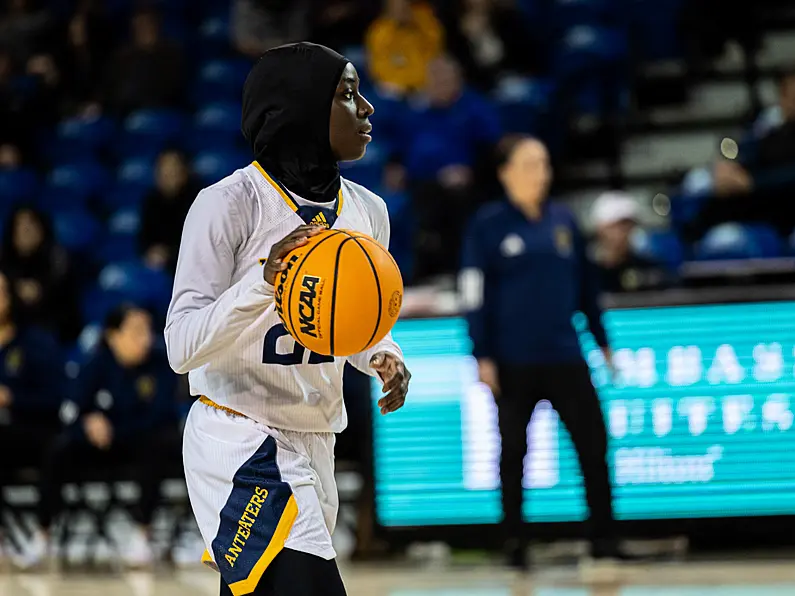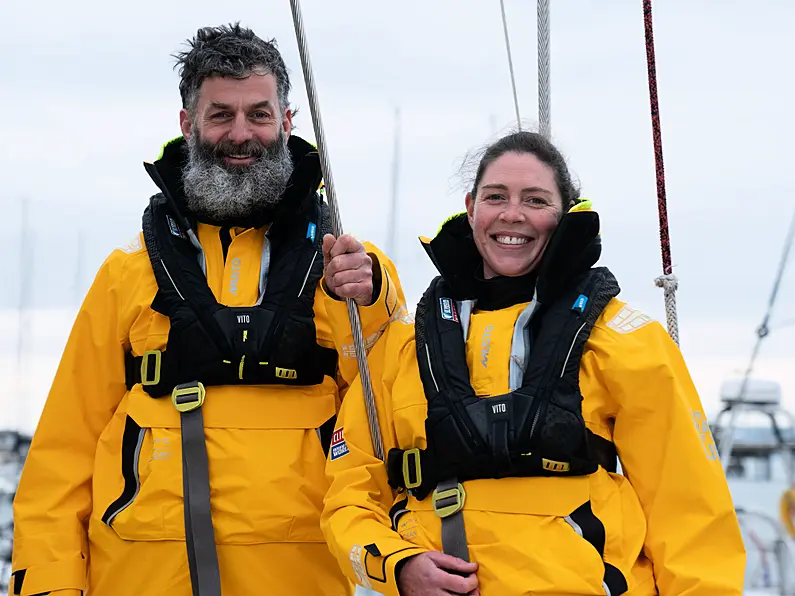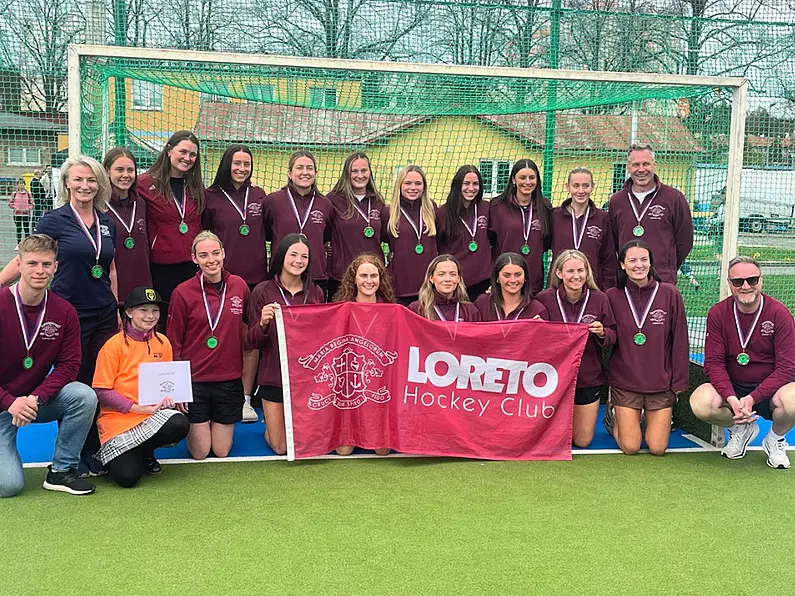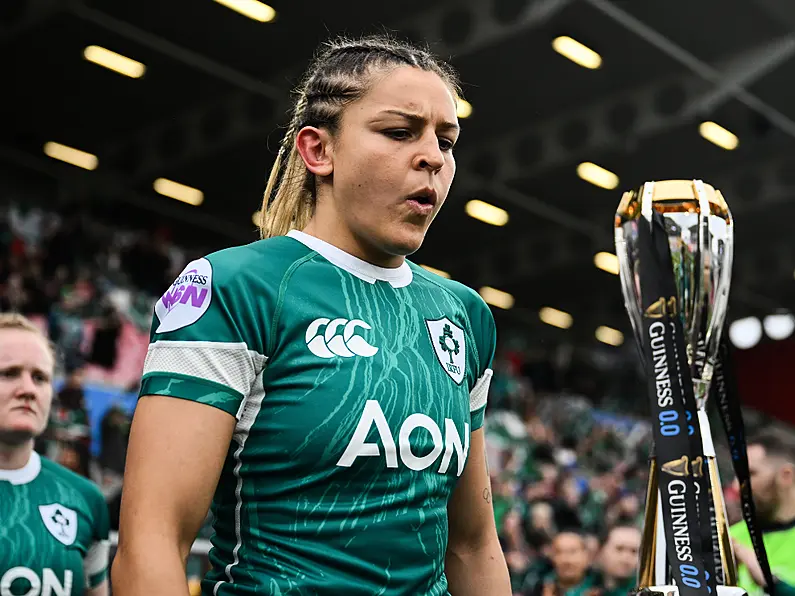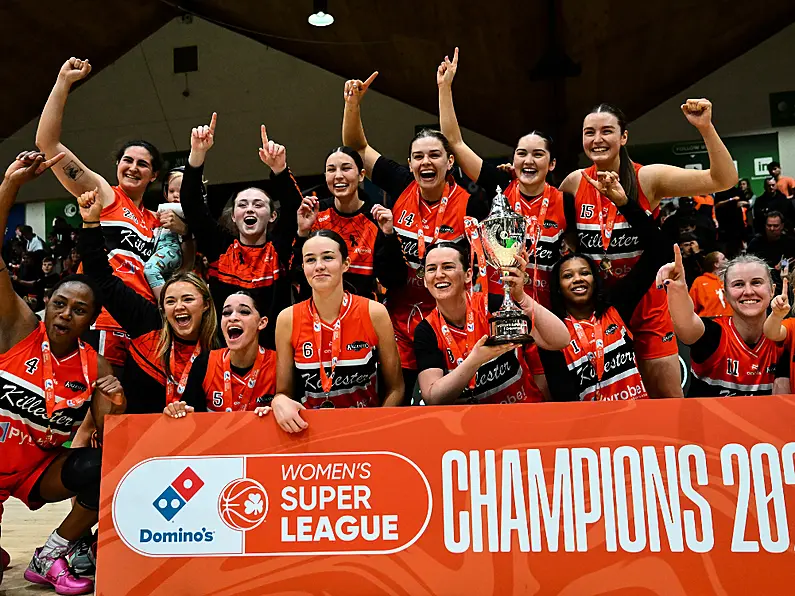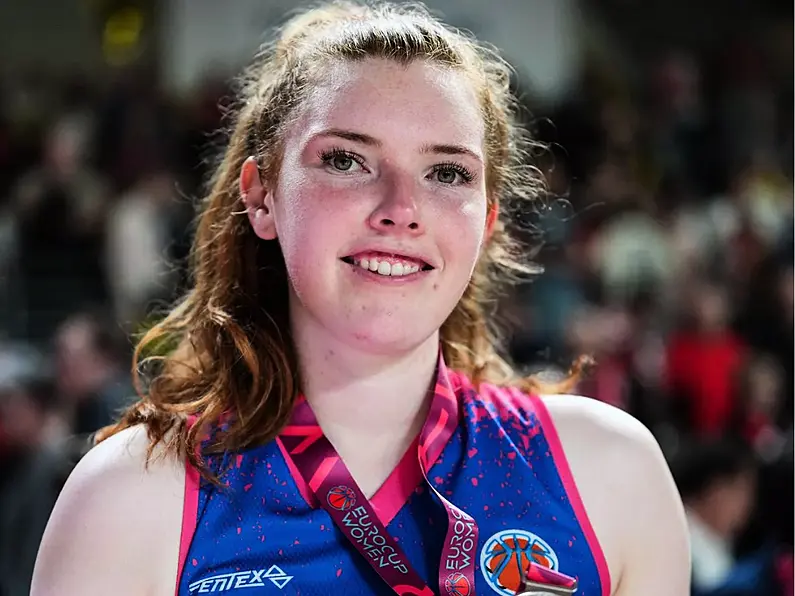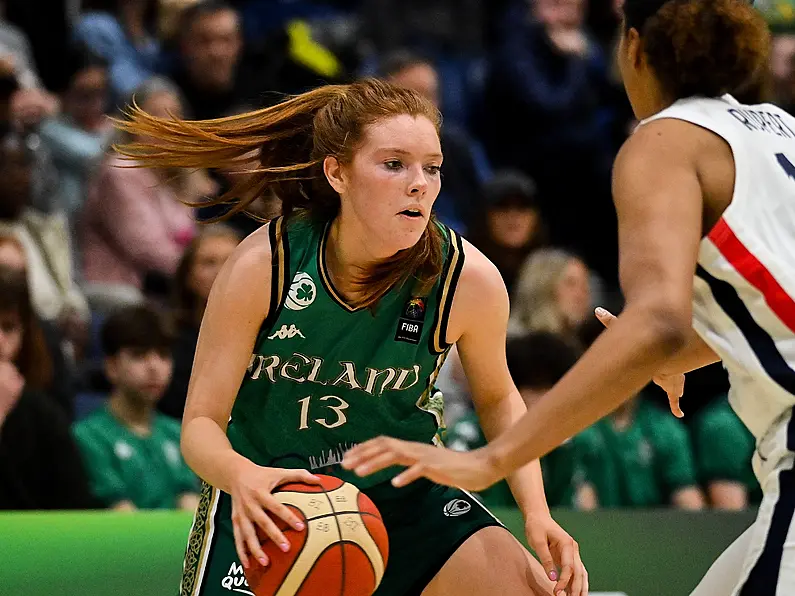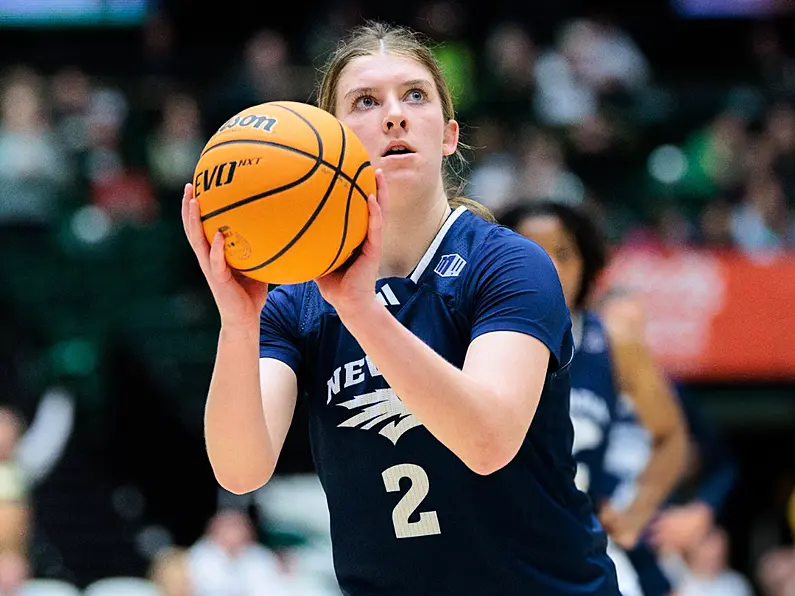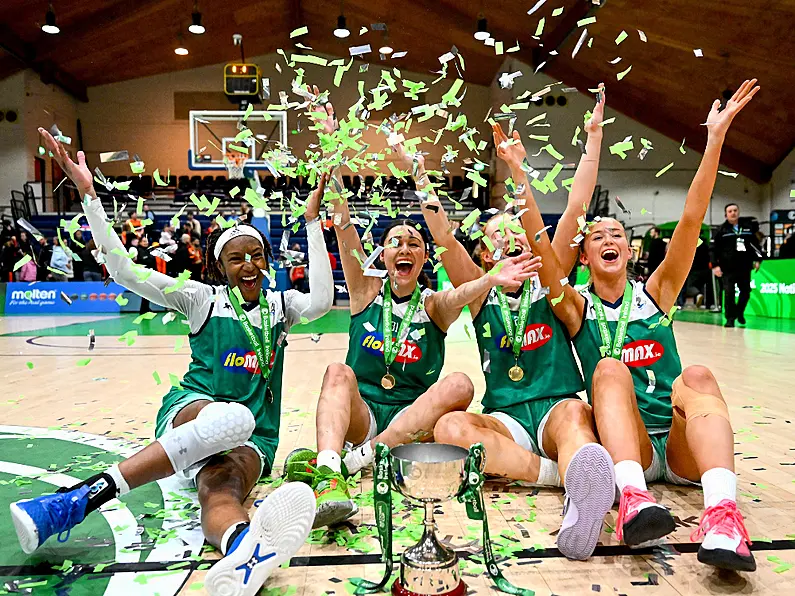Wearing religious symbols or garments has been a point of contention in France since 2004.
The issue of wearing religious symbols in France has stirred controversy since 2004, drawing international scrutiny. With the nation gearing up to host the 2024 Olympics, the spotlight on France has intensified due to its ban on the hijab. Although the IOC announced in September 2023 that athletes could wear hijabs in the Olympic Village without restriction, the ban remains in force for French athletes.
In a bid to ensure equal access to sports for Muslim women and girls, the Sport & Rights Alliance has called on French basketball authorities to overturn the ban on wearing the hijab. This demand comes as part of the Alliance's push for inclusivity on International Women’s Day, emphasizing the need for sports to be free from discrimination.
On 8 March 2024, more than 80 athletes, which notably included WNBA standout Breanna Stewart and Olympic medalist Ibitihaj Muhammad, issued an open letter urging both the French Federation of Basketball (FFBB) and the International Basketball Federation (FIBA) to promptly revoke the hijab ban outlined in French basketball regulations and uphold universally recognized international human rights principles.
The hijab ban on basketball
While FIBA lifted its hijab ban in 2017, the French federation doubled down on its discriminatory stance with Article 9.3 in December 2022, prohibiting women from wearing a hijab in any competitive sport. Since then, organizations like Basket pour Toutes have tirelessly campaigned against the ban, emphasizing its detrimental impact on youth players' participation in basketball. The ban has sparked outcry from athletes globally, highlighting the stark choice Muslim women in France are forced to make between their faith and their passion for basketball. Professional players, including Layshia Clarendon of the Los Angeles Sparks, and former youth national team member Diaba Konaté, have condemned the French Federation of Basketball's guidelines, demanding equal treatment for all athletes.
“I love basketball, my family, and my faith,” Konaté told The Guardian. “It would break my heart to give up any one of those, and yet that is what the current French Federation of Basketball guidelines are forcing me to do.”
🏀 "You can sense deep affection and pride when she speaks of home, but there’s one major glitch – she is banned from playing in her own country simply because she wears a hijab." @RemonaAly for the @guardian 👇https://t.co/1rDS78rH29 #BasketPourToutes #MarchMadness #France pic.twitter.com/AL9Uzg3btT
— Sport & Rights Alliance (@Sport_Rights) March 15, 2024
Global Support and Urgent Appeals
Over 80 athletes, including WNBA star Breanna Stewart and Olympic medalist Ibitihaj Muhammad, have penned the open letter urging the French Federation of Basketball and the International Basketball Federation to overturn the hijab ban. The Sport & Rights Alliance echoes these calls, stressing the urgency for France to align with international human rights standards and ensure fair treatment for Muslim women and girls in sports.
Restrictions on wearing religious attire infringe upon the rights of Muslim athletes as outlined in various international human rights treaties, such as the International Covenants on Civil and Political Rights and on Economic, Social, and Cultural Rights, along with the Conventions on the Elimination of All Forms of Discrimination Against Women and on the Elimination of All Forms of Racial Discrimination.
Terri Jackson, executive director of the Women’s National Basketball Players Association (WNBPA) in the US, emphasized the importance of inclusion and equality in sports. “All athletes should be able to practice their faith and the sport they love,” she stated, highlighting the need for the French Federation of Basketball to reverse its discriminatory policy.
A Call for Inclusivity and Equality
With the Paris 2024 Olympics approaching, there is growing pressure on the French Basketball Federation to align with principles of inclusivity and equality. Minky Worden, global initiatives director at Human Rights Watch, said: “It has been almost 10 years since FIBA lifted its hijab ban, opening the door for millions of Muslim women and girls to play basketball. The French federation should act now to ensure that all women and girls can experience the community-building, education, and economic advancement opportunities that sport provides.”
